By Elaine Denny and Barbara F. Walter
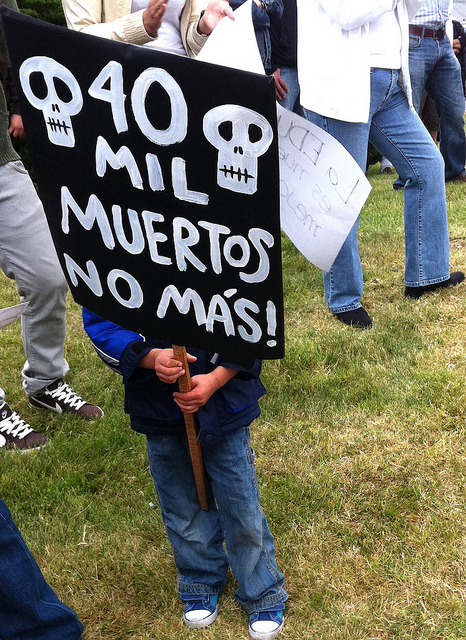
A strange pattern recently caught our eye. Numerous studies about murder rates have found that on average countries with high income inequality also have high murder rates. People are more likely to kill their fellow citizens as the gap between rich and poor increases. The same is not true of civil war — although you’d think people would be more likely to turn against the state rather than their neighbor as income inequality increased, this isn’t the case.
This dichotomy is surprising because it’s counter-intuitive. If blame lies anywhere for persistent income inequality, it most likely falls on government policies. Why would large inequalities cause people to turn against each other, rather than the state?
Part of the answer may have to do with the dream of upward mobility. In the case of the United States, Americans have long been willing to accept large income disparities as long as they believed the system was fair and that with hard work they, too, could one day be rich. Why change the system when it could eventually yield personal benefit?
But this doesn’t explain the large number of deep income inequality societies where citizens know the system is structured against them and still don’t rebel (think Brazil or South Africa, for example). Poor people might rebel because the country as a whole is mired in poverty, or because there is no hope for improvement, but they do not appear to fight because some people have a lot and many have nothing at all.
A better answer to the puzzle may have something to do with law enforcement and how it is allocated in highly unequal societies. When everyone is poor, the state distributes protection relatively equally across the board, and everyone gets about the same amount of security from the state. But when the country has a large gap between poor and rich, two things are likely to happen. First, the rich wield their political influence to ensure they directly receive a larger proportion of the security gains from public law enforcement. Second, they supplement this law enforcement with additional security measures.
This disproportionate allocation of security could have two unintended effects on violence. One of the things we know is that in areas of high income inequality – from Guatemala City to Cape Town – most murders occur between young, poor men who know each other. Income inequality puts the advantages of wealth on display but out of reach to these men, creating incentives to make money through gang involvement, crime, or violence. If income inequality also means that these poor neighborhoods receive less police protection, then a volatile combination of motive and opportunity has been created. The result is a higher rate of neighbor-on-neighbor killing.
But why don’t these same individuals rebel? Again, the answer may go back to the way protection and security are allocated. A system that protects the rich better than the poor is one where the rich and powerful are hard to challenge since they’ve built a “wall-of-security” around themselves. This makes it more difficult for the rest of the population to rebel against them, helping explain why no connection has been found between inequality and civil war.
What does this mean for the United States, where income inequality is rising? It suggests that murder rates in poor neighborhoods are likely to rise but that violent rebellion is unlikely. The poor may know that the system is increasingly structured against them. But, given their options, it’s their own communities that will likely pay the highest price.

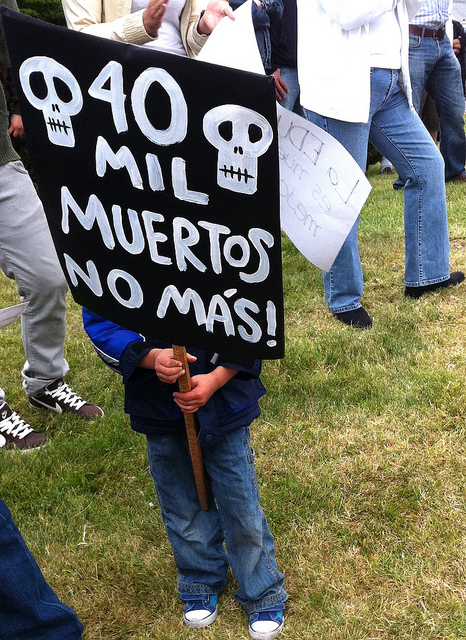
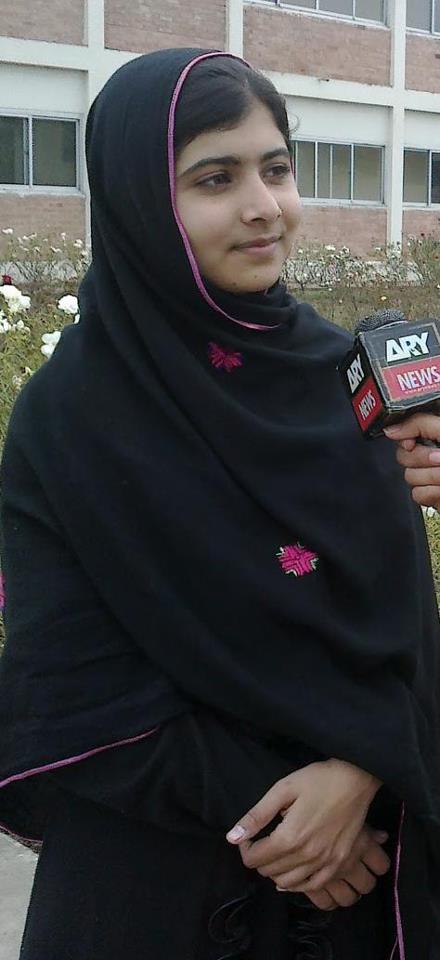
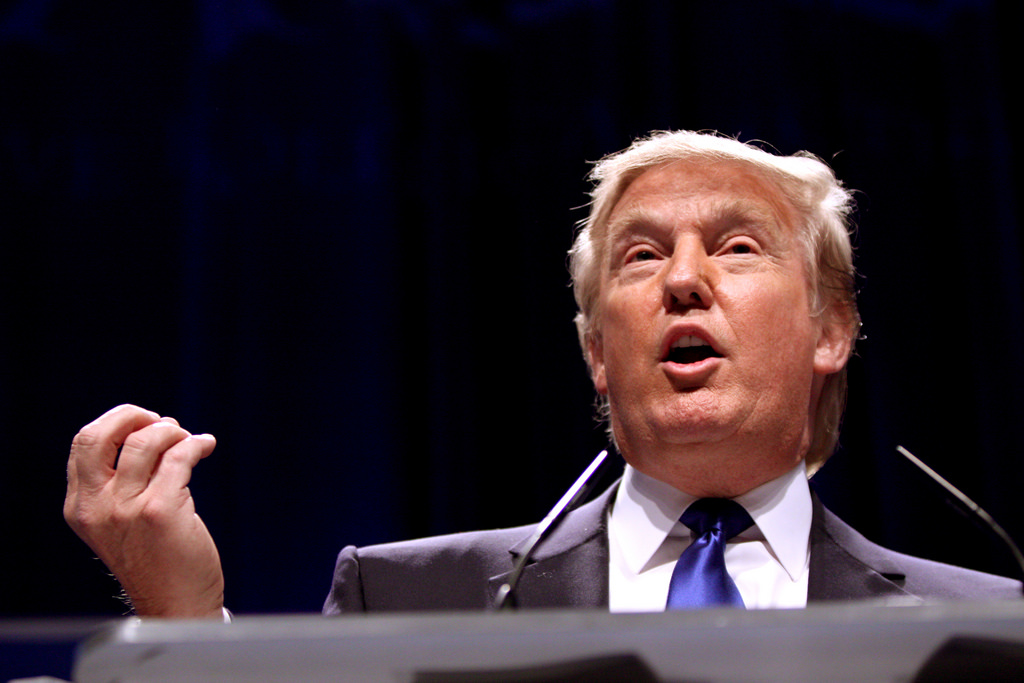

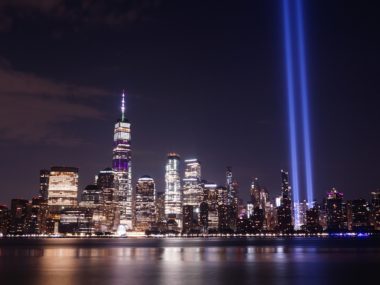
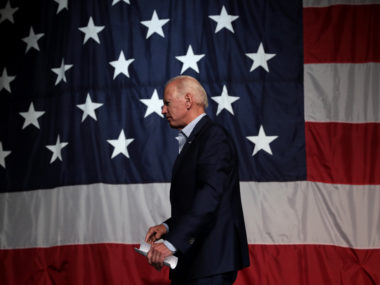
9 comments
Rebellion requires planning, coordination, and a long-term endgame. Individual violence out of unhappiness, hopelessness, or with the opportunity for quick enrichment requires none of these things. Maybe it’s the result of having grown up in a variety of highly unequal countries, but the correlation of criminal violence with income inequality seems blindingly obvious to me, rather than counter-intuitive. People resort to violence when they are unhappy and see no easy/already-delineated paths for relieving that unhappiness. What is an unequal society, after all, but one in which most people have little control over most aspects of their own lives? Wealth, in principle, is not a zero-sum game, but power (which is, to a large extent fungible with wealth) certainly is. If you have more power over me, then I have less power over myself. And if I end up having sufficiently little power, I will act out in the easiest and most personally beneficial ways. Trying to organise my community to revolt is not one of them. Which revolution was ever started without some urban-ish, educated-ish, middleclass-ish people at their core? Unequal societies never have a lot of those, by definition.
Well said. I completely agree.
I completely buy your argument that unequal societies drive a lot of poor people to commit crime against other poor people. I am also really convinced by Regina Bateson’s “Crime Victimization and Political Participation” in the latest APSR, which shows that victims of crime are politically more active.
Now I wonder how those two arguments can both be true. Here’s the puzzle for me:
High inequality leads to a lot of crime among poor people, which according to R.B, should cause them to be politically active. Why can’t this mobilization among the poor address the root cause of crime, which is high inequality? In other words, how can high inequality and crime continue if it also mobilizes its victims? Do these people demand the wrong things? Or, maybe they are politically more active, but their activism is ineffectual. Do they not know how to pressure politicians?
Thanks for the post, there are some good insights and helpful references here. I am wondering if you could provide a more specific reference in Stathis N. Kalyvas’s book to his discussion of “law enforcement and how it is allocated in highly unequal societies,” I am interested in following up.
Reblogged this on Occupy The Polls.
Wealth disparity — Most perfect for humanity
As to my laboring-class, we being the entire lower half of society who perform all the manual labor most essential to an organized and productive economy, as to why it is that never in history have we rebelled against all the brutal imperialism and injustice that we have suffered, but surely, would not humanity have expired in a convulsion if we had failed to keep the wood piled high and the fires always burning with pay or no pay, to make sure that all our chores are done proper today so that there will always and forever be a next day?
As for our being perfectly content without equality with those of a higher class: So, what need do we have for many acres when a forth acre will grow more food then our family could ever eat? The capital needed by higher achievers to construct the grand projects that bring prosperity for all, why should we who are of slow and careful thought be so callous and indifferent as to hoard excessive wealth and thereby stand in the way of such progress?